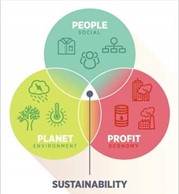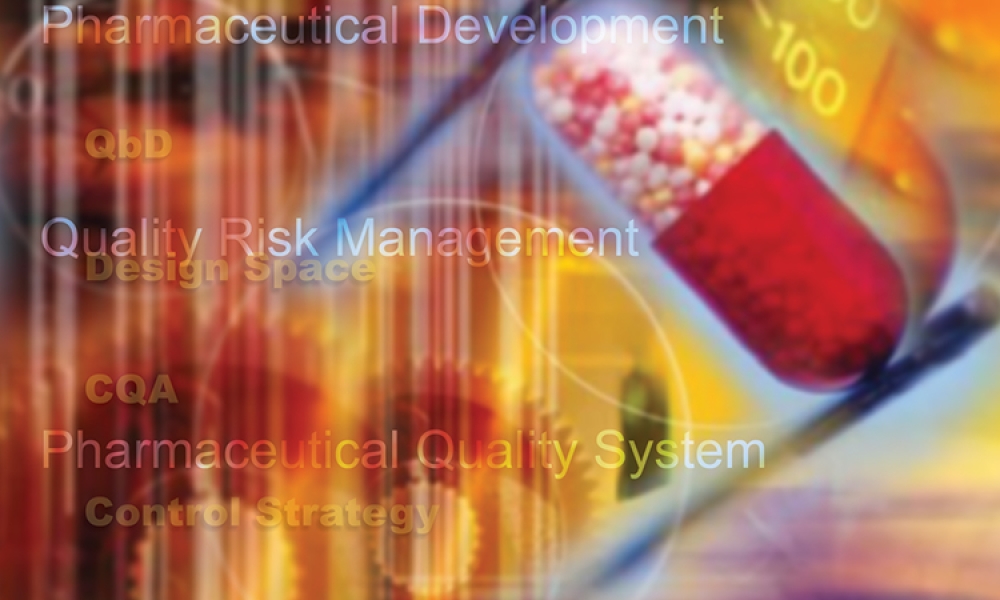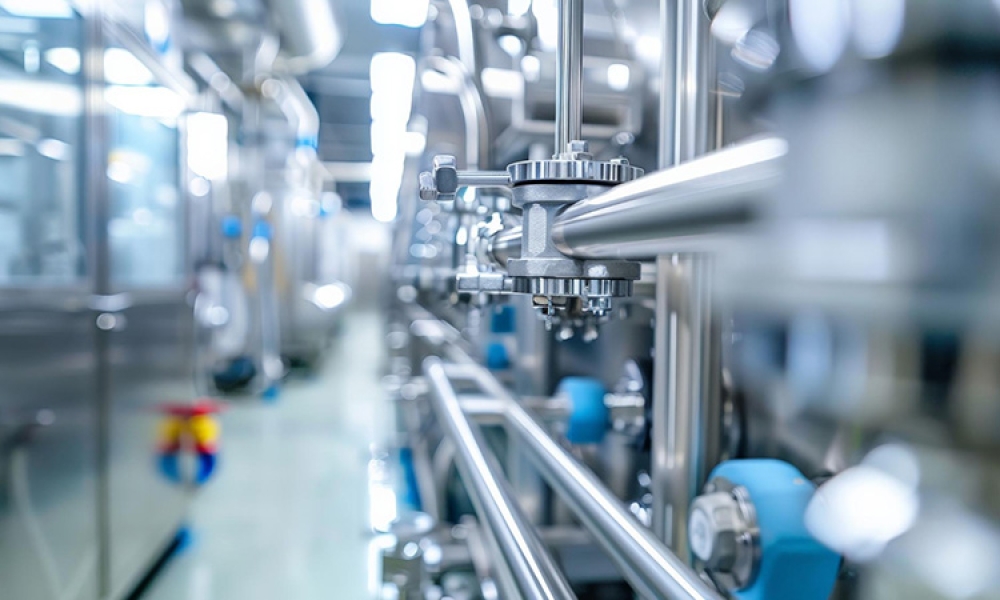The hour-long virtual event welcomed speakers Teresa Minero, Founder & CEO of LifeBee, and Dr. Frank Thielmann, Head of Lean in Global Operational Excellence at Takeda – each of whom brought their expertise and passion for a more sustainable pharmaceutical industry to the conversation.
The event consisted of a 20-minute presentation led by Minero, followed by a Q&A and panel discussion, moderated by Tanya Sharma, former Women in Pharma International Steering Committee Member and Partner for Assurea.
Kicking off the conversation, Minero dove into a key equation: sustainability + digital =?. She explained this equation is the introduction to this important topic, but also a situation similar to 1+1=3. At its core, sustainability & economy of means, means making do with minimal resources. “Less will be more,” Minero explained. “Not yet more, but it will be.”
Minero showcased the various threats that plague our industry: Covid-19, a recession, geopolitics, war, climate change, and biodiversity collapse. A poll launched mid-conversation allowed the audience to select which of these they viewed as the greatest threat to the pharmaceutical industry: 23% cited the pandemic, 40% selected geopolitics and war, 42% selected economic crisis, 60% selected climate change, and 48% selected biodiversity collapse.
According to Minero, biodiversity remains a great and inevitable threat if we continue to conduct business as usual. She referenced the initial pandemic strategy when saying “we can’t stay at home just washing our hands and everything will fall into place. We need to be intentional.”
She presented sustainable development goals put forth by the United Nations in 2015, and shared a diagram that demonstrated where people, planet, and profit can intersect.
Minero further explained that “sustainability…focuses on products, services, the enterprise and the supply chain, and it seeks to optimally balance organizational performance and outcomes across economic, environment and social criteria over all time scales” (Gartner, 2021).
In alignment with Minero, Dr. Thielmann weighed in on the goals of Takeda, explaining the goal of transforming the organization from one that is carbon neutral to carbon net-zero. To reach this goal, however, is no small task and will require tons of innovation and an investment.
Thielmann stated “In many cases operations can be become more environmental-friendly and at the same time more efficient by reducing consumption of energy and water and avoiding waste which will also have a positive impact on costs.” However this is not always possible and “there isn’t always also a revenue benefit.” He further expressed that the benefit comes also down to reputation supporting recruiting new talent, while also “investing and upscaling existing workforce because they have the experience and it’s hard to find good people. “An example for an automation/ digital solution that can improve efficiency and save energy is predictive maintenance. Thielmann explained that “predictive maintenance is a major benefit through sensors that can predict energy consumption and avoid breakdowns.”
Ultimately, the journey towards more sustainable business practices will consist of many lessons, adjustments, and pivots – but once in motion, the benefits will outweigh the investment.
Watch Webinar







